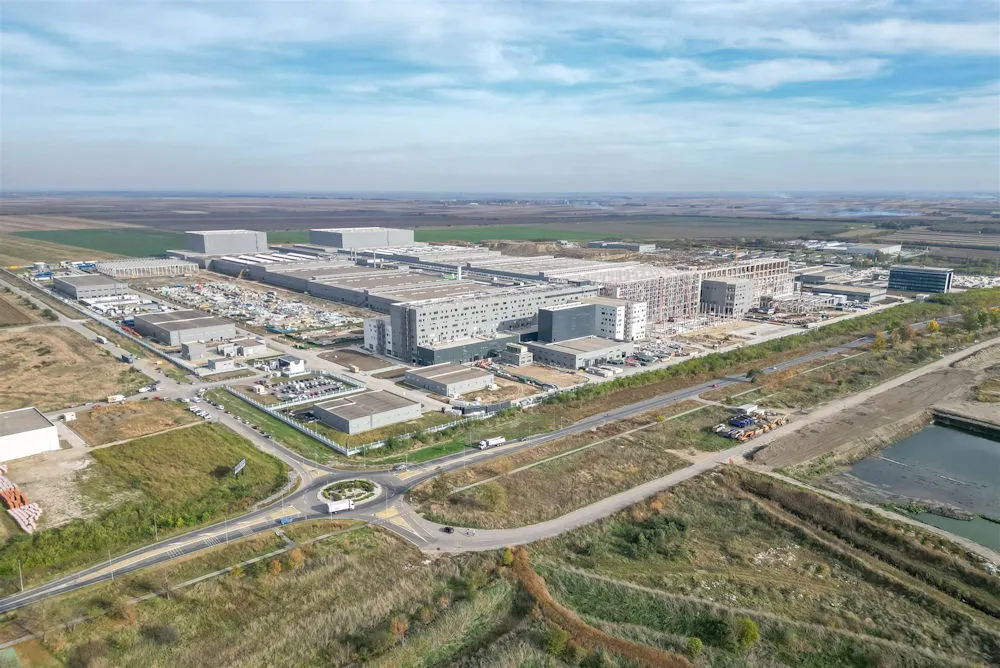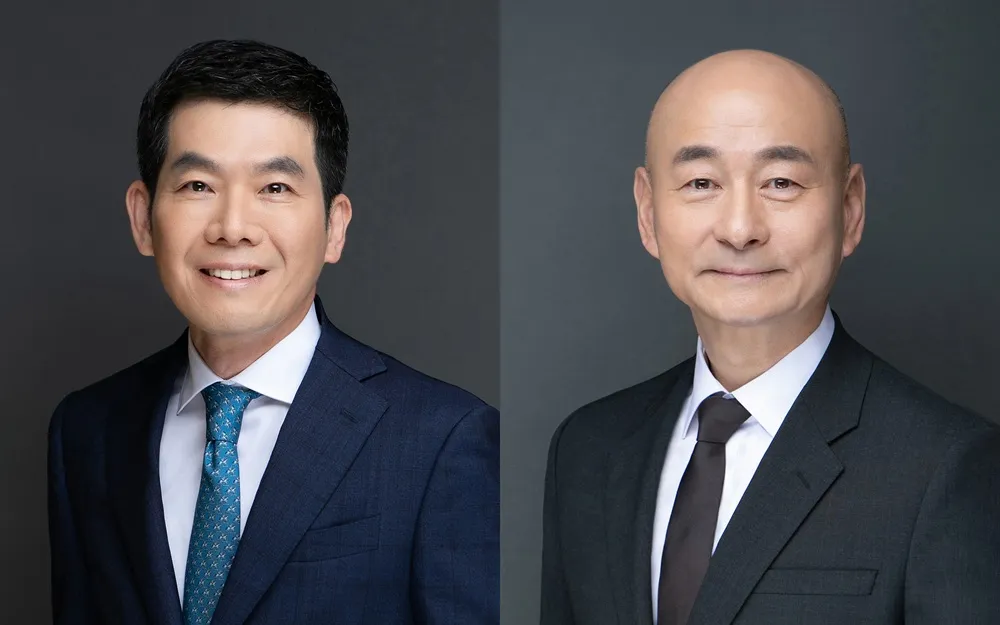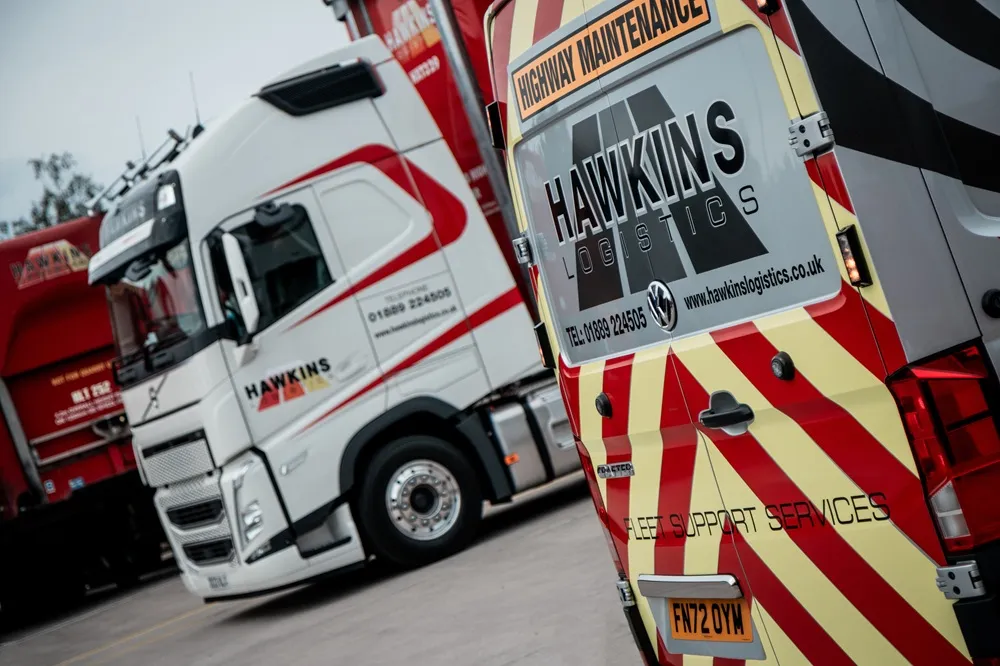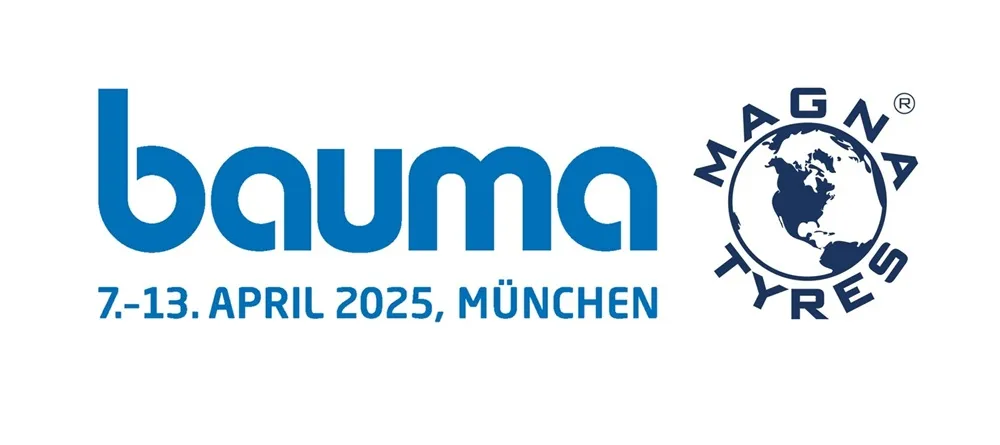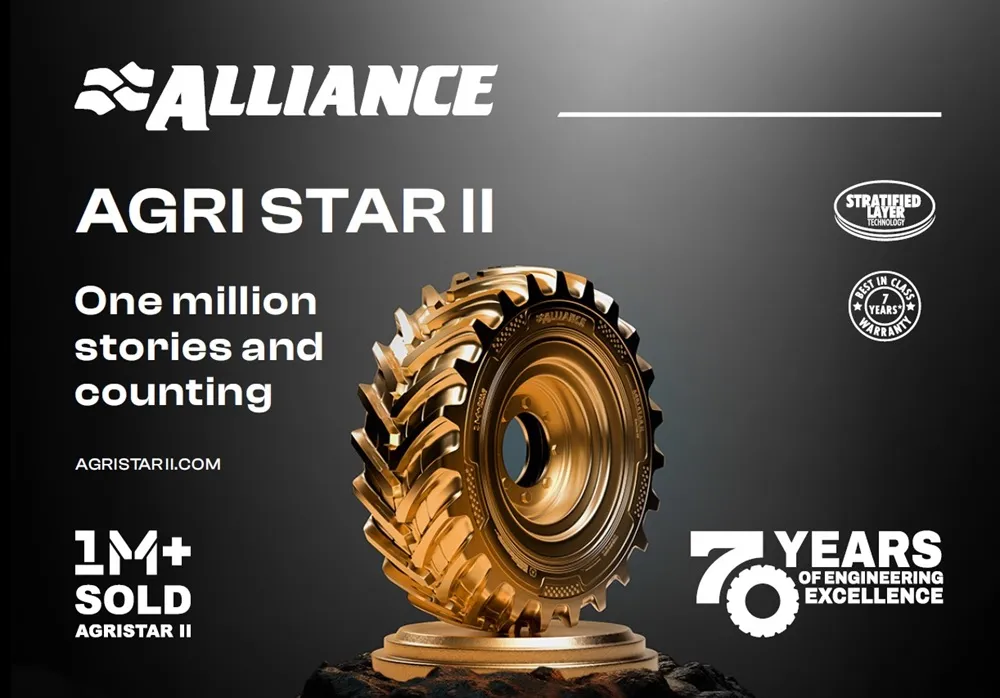In a recent article, Commercial Tyre Business discussed the potential for lack of due diligence on waste tyres impacting upon sustainability claims, now the issue seems to be growing.
MAN: VW Stops Linglong Contract on Human Rights Questions
Increasingly, end clients – be they retail giants, or industrial behemoths, are looking at their ESG requirements and making due diligence steps to ensure that all is well.
One of the latest European companies to take a stance on human rights is Volkswagen-owned MAN.
MAN, and Volkswagen use Linglong Shangdon tyres as OE fitment on some of their vehicles, and as spare tyres across the range. However, MAN has dropped its contract with Linglong Shangdon due to what it considers to be a lack of workers rights, and even, potentially human trafficking.
What might be of concern to Linglong is that just in July 2024, the new factory was certified by car manufacturers including: Nissan, Volkswagen, Audi, Ford, Stellantis group, Hyundai and Kia as well as the truck manufacturer MAN and approved for the production of original equipment tyres. If others follow VW and MAN, their investment in Serbia could struggle until the situation is resolved.
The Linglong plant in the northern Serbian town of Zrenjanin is key to the company’s European market hopes. The factory officially opened its doors in September this year, when Linglong Tire general director Wang Feng listed Volkswagen as among the plant’s first customers.
However, Serbian lobbyists have protested about conditions at the site where it claim immigrant staff are housed in poor conditions and have their passports confiscated – amounting to human trafficking as those involved are trapped without access to their passports.
In two separate investigations, Balkan Insight reports found that the contracts they signed with subcontractors of China’s Linglong Shandong Tire Co. violated multiple articles of Serbia’s Labour Law, from working hours to vacation days and financial penalties.
Under the terms seen by Balkan Insight, the workers faced being fired if they tried to unionise or protest, while “regular working hours” could, if necessary, breach the legal maximum.
“The illegalities in the employment contract are such that it is easier to count what is legal than what is not,” Mario Reljanovic, an expert on labour law, told Balkan Insight at the time.
To compound matters, the largely Indian and Vietnamese workers are alleged to have paid up a recruitment agency up to $3,500 for the right to get employment in Serbia.
Tomoya Obokata, the UN Special Rapporteur on modern slavery, told Balkan Insight at the time that such fees are a kind of “debt trap”.
“They should not be paying that,” he said. “It should be employers who should be paying for all of this, and governments to monitor these practices.”
Obokata added that neither Linglong nor the Serbian government had ever responded to the concerns he and his UN colleagues had outlined in a letter to them regarding the case of the Vietnamese workers.
“There is a disturbing trend in your country [Serbia], and it is up to the Serbian government to do something about it,” he said at the time. “If the Serbian authorities are not doing that, they should be held liable as a country and as a government for facilitating labour exploitation and human trafficking.”
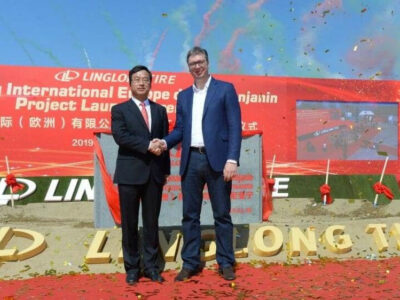
Local media outlet, Gradjanski preokret has demanded a cessation of work at the plant. It accuses the government of favouring the Chinese project over other businesses, alleges breaches of environmental law, and the suspension of the judiciary in the case of Linglong’s investment. They also allege the arrival of Linglong worsens labour rights in Serbia because it brings and installs the Chinese authoritarian model of production and exploitation of workers, which is inevitably going to be applied on the domestic labour force, regarding this there are testimonies of workers engaged on the construction site.
This is not the first time that Linglong Shangdon has been at the centre of such allegations.
In November 2021, Vietnamese migrant workers constructing a Linglong Tire factory in Zrenjanin, Serbia alleged that accommodations provided to them by Linglong Tire lacked heating, hot water, and electricity.
This was a story that was picked up by Deutsche Welt, a German news channel.
“The problem here is not that Linglong is a Chinese company,” Danilo Curcic, a human rights lawyer for A11, a non-governmental organization (NGO) that has taken up the case told DW. “The real problem is that this situation is a logical consequence of the eroding of workers’ rights, as well as the so-called race to the bottom for foreign investment.”
He is referring to the large sums of money investors receive for every job they create. This can be as much as €50,000 per job. Meanwhile, an ordinary worker usually takes home between €400 and €500 a month. Critics say that by selling itself as a mere workbench for Western and Chinese companies, Serbia is increasingly turning into the “Bangladesh of the Balkans.”
It was later confirmed that Linglong Tire never hired Vietnamese workers and that they were employed by the contractor Tianjin Electric Power Construction Company (TEPC). Confirming the scenario where Linglong distanced itself from the situation by pushing the responsibility onto their sub-contractors. However, should the allegations now be proven, then Linglong itself will have failed in its due diligence to ensure that those involved in its factory construction were well treated.
Serbian journalists and activists have also accused Linglong Tire of failing to pay the workers, seizing their passports, and removing workers who spoke to the media.
At that time, Linglong Tire responded by issuing a press release, explaining that TEPC had held the passports to process the workers’ visas and work permits, that the workers had been paid regularly and showing the photos of signed pay slips.
The Serbian government, headed by President Aleksandar Vucic, has responded by emphasising the importance of the $900 million project, claimed that living conditions were “not good but they’re improving”, and denouncing criticisms from Viola von Cramon, a Member of the European Parliament, as “another attempt to satanise” Serbia. Additionally, pro-government media in Serbia has broadcast interviews in which some of the Vietnamese workers praised their living conditions.
The separate investigations of TEPC business and employee practices by the local law enforcement agencies, labour directorate, Embassy of Vietnam and Linglong Tire showed no human rights abuses, withholding of passports or pay.
Despite this, as we come to the end of 2024, the same accusations arise, this time from a major client of Linglong. This time perhaps the investigations might be more independent of political and corporate influence.
It is worth noting that Serbia has been a candidate to join the European Union since 2009. However, the Serbian people wanting to join the EU are in a minority, and the present government is sympathetic to Putin’s regime in Russia. There will be more gears meshing in this story than appear obvious.
Sources: Balkan Insight, Wikipedia, DW, Gradjanski preokret

